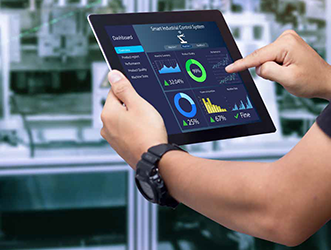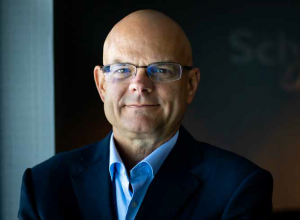
Report: Flexibility and resilience are critical for energy and sustainability success
Mike Edwards
Features energy Schneider Electric survey sustainability
It is a watershed moment for energy and sustainability as we enter the “Decade of Action,” so declared by the UN Secretary General, who has called for acceleration of sustainable solutions to the world’s biggest challenges.
In the 2020 Corporate Energy & Sustainability Progress Report, Schneider Electric examines the issues at hand and consider how the business community can and should act.
The company’s findings build on the results of our two previous reports, providing deeper insights in some areas and highlighting new and emerging trends in others. This year, Schneider assessed how growing complexity is demanding greater strategy and innovation from traditional corporate energy managers.
An overwhelming 87% of respondents agreed that the changes in energy markets have led energy management to rise in the ranks as a core business operation. From shop floor to top floor, energy managers have become more visible within their organizations and more critical to business success.

“For any of us involved in energy or sustainability back in 2010, 2020 is hardly recognizable. The changes over the previous 10 years have been seismic.” —Steve Wilhite, senior vice president, Schneider Electric.
Companies finding success amidst this increasing energy market complexity are embracing digital data tools. The volume of, quality of, and inability to share data have been historic pain points for our respondents. In 2020, it learned that companies have increased the sophistication of their data management processes to ease these pains. The number of respondents using digital tools and IoT (such as remote meters, sensors and other smart assets) has doubled from our 2019 results. Further, the companies that are embracing the digital transformation are more prepared to tackle the challenges and complexity that today’s energy and sustainability teams face.
A new area of exploration for our 2020 report is the degree to which climate change, and the risks it carries, has become a leading concern. 58% of respondents told Schneider they view climate change as a top risk to energy and resource supply. The World Economic Forum’s 2020 Global Risks Report agrees; for the first time ever, the top five risks are environmental in nature. But there is not a unanimous consensus. In PricewaterhouseCoopers’ annual CEO survey, climate change failed to rank among the top 10 business risks. The inconsistency in perception of the importance of climate risk has us asking: is there a disconnect in what organizations deem most risky?
Schneider also found this year that ambitious goal setting can impact a company’s confidence. While its initial finding was congruent with past research that companies are not moving fast enough to meet their energy and sustainability goals, a subset of this year’s respondents who have taken steps to increase their original goals feel both more confident in their ability to meet those goals and that the goals will contribute positively to limiting global warming. Although counterintuitive, it stands to reason that the more ambitious goals are, the more likely an organization is to feel confident about them.
To achieve their goals, companies must invest in new projects and technologies. Access to funding is often perceived as a barrier to to achieving goals, but our research revealed that corporations with a higher project success rate typically have a financing mix beyond traditional CapEx. Respondents say they are more likely to get project buy-in when they use innovative funding methods, such as energy-as-a-service. We also found a positive relationship between companies that use innovative funding and those that set more ambitious goals.
Read the complete report or download here
Print this page